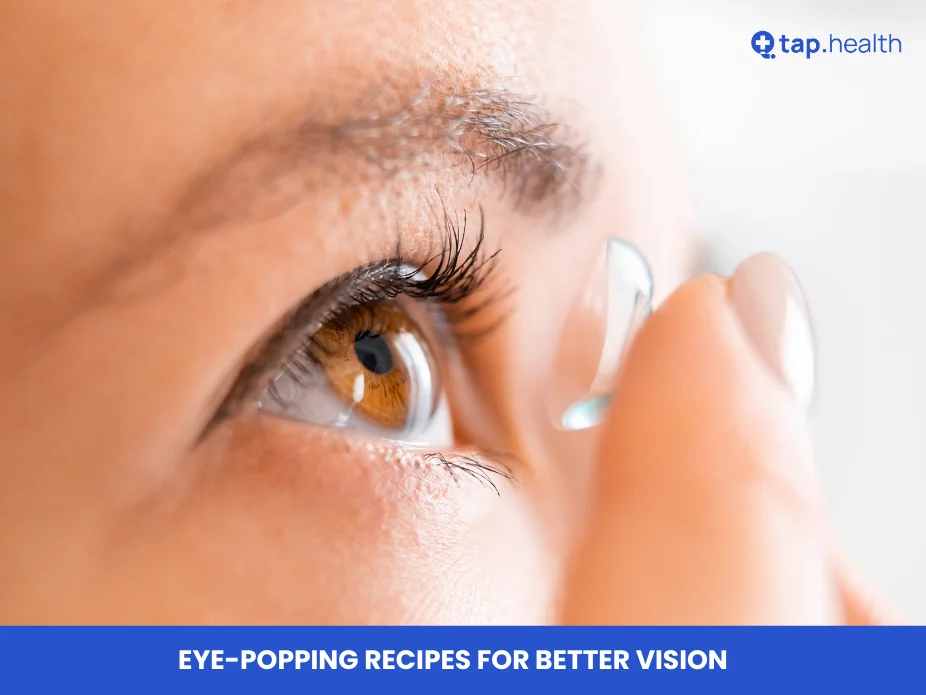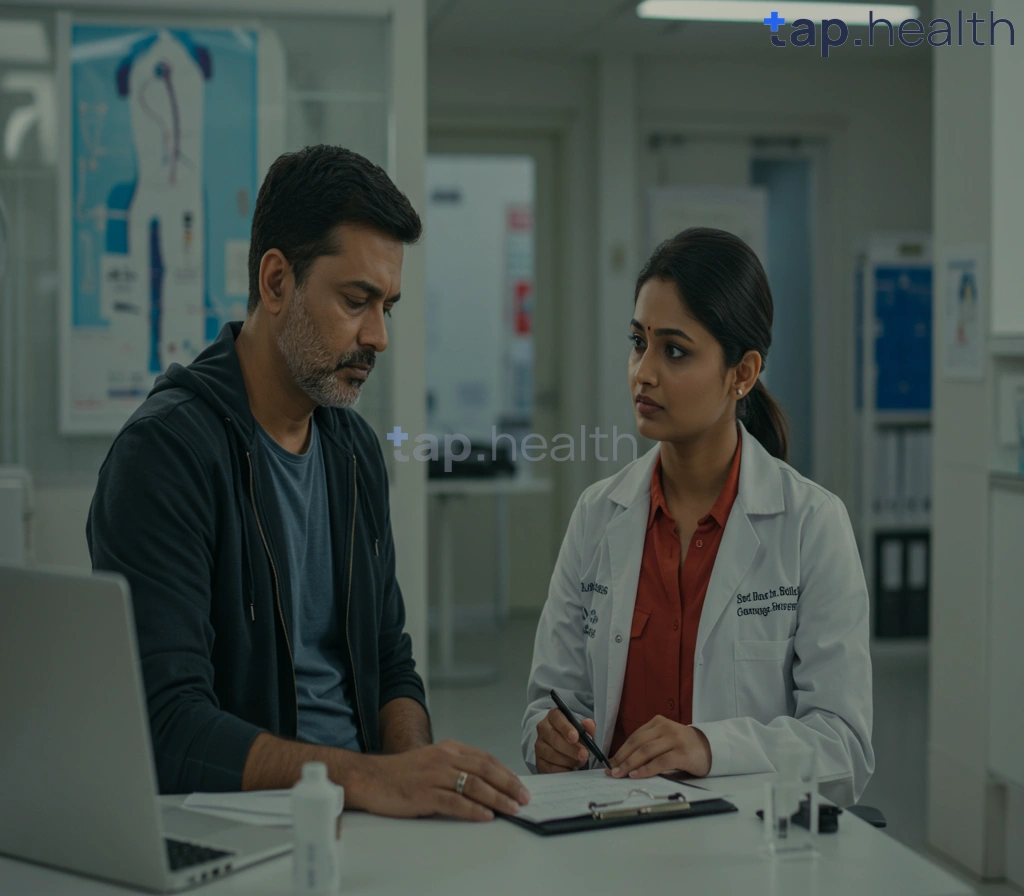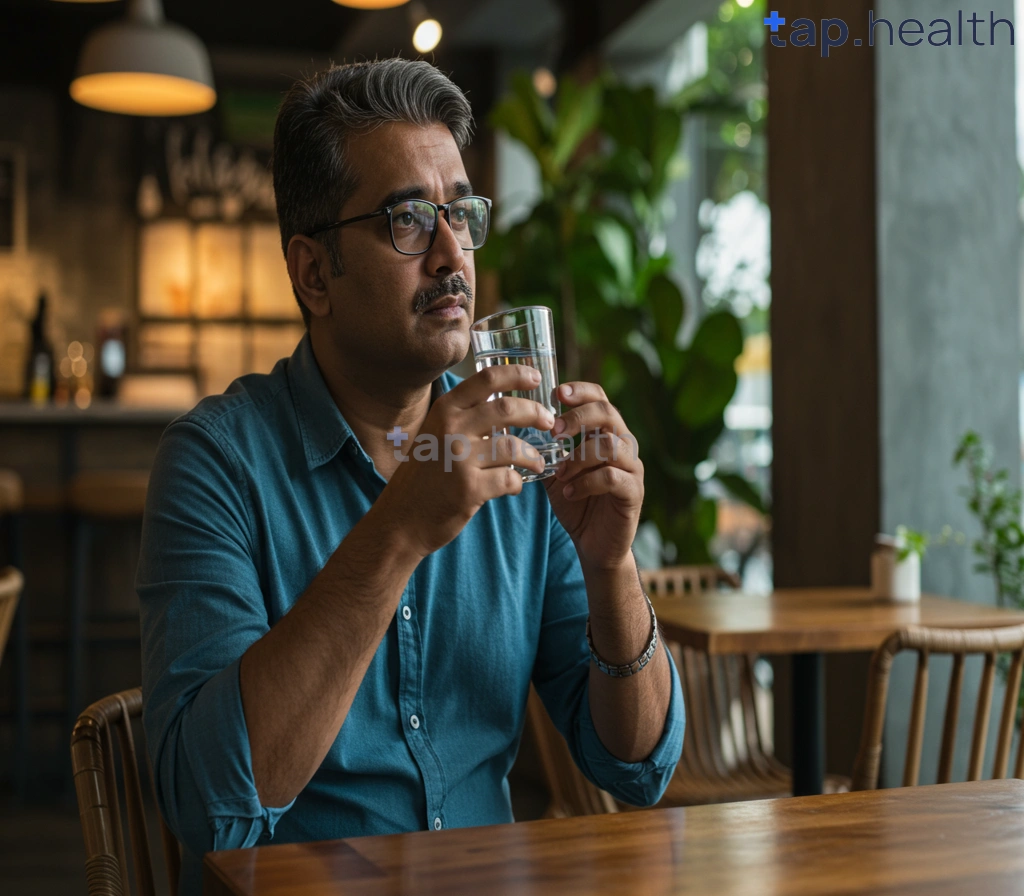Everyone wants to maintain sharp and healthy vision as they age. While regular eye check-ups are essential, what you eat plays a significant role in supporting your eye health. Incorporating the right foods into your diet can help protect your eyes from damage, improve vision, and prevent common eye problems. In this blog, we’ll explore eye-popping recipes for better vision, share real-life scenarios, expert insights, and provide easy-to-follow recommendations backed by research. Let’s get started!
Why Your Diet Matters for Eye Health
Your eyes are delicate organs that require a variety of nutrients to function optimally. A balanced diet rich in vitamins, minerals, and antioxidants can protect your eyes from conditions like cataracts, macular degeneration, and dry eyes. Proper nutrition helps maintain the health of the retina, reduces the risk of eye diseases, and supports overall visual performance.
Key Nutrients for Better Vision
- Vitamin A: Essential for good vision, especially in low light. It helps maintain the cornea and prevents night blindness.
- Vitamin C: An antioxidant that protects the eyes from damage caused by free radicals and reduces the risk of cataracts.
- Vitamin E: Helps protect the eyes from oxidative stress and may reduce the risk of age-related macular degeneration.
- Omega-3 Fatty Acids: Important for retinal health and can help prevent dry eyes.
- Lutein and Zeaxanthin: Carotenoids that protect the retina and improve visual acuity.
- Zinc: Helps transport vitamin A from the liver to the retina, aiding in the production of melanin, a protective pigment in the eyes.
Top Foods to Include in Your Diet for Better Vision
1. Carrots
Carrots are famously associated with good vision. They are rich in beta-carotene, which the body converts into vitamin A. This vitamin is crucial for maintaining healthy vision and preventing night blindness.
Real-Life Scenario:
Jake, a 35-year-old teacher, experienced frequent eye strain from long hours in front of the computer. After adding more carrots and other vitamin A-rich foods to his diet, he noticed a significant reduction in eye fatigue and improved night vision.
2. Spinach
Spinach is packed with lutein and zeaxanthin, antioxidants that are highly concentrated in the retina. These nutrients help filter harmful blue light and protect against age-related macular degeneration and cataracts.
3. Salmon
Salmon is an excellent source of omega-3 fatty acids, which are vital for maintaining retinal health and preventing dry eyes. Omega-3s also reduce inflammation, which can help alleviate symptoms of eye diseases.
4. Eggs
Eggs contain lutein, zeaxanthin, vitamin D, and zinc, all of which contribute to eye health. The yolk is particularly beneficial as it provides the majority of these nutrients.
5. Bell Peppers
Bell peppers are rich in vitamins C and E, as well as beta-carotene. These vitamins help protect the eyes from oxidative damage and support the health of blood vessels in the eyes.
6. Nuts and Seeds
Almonds, walnuts, and flaxseeds are great sources of omega-3 fatty acids, vitamin E, and zinc. These nutrients help maintain eye health by reducing oxidative stress and supporting the structural integrity of the eyes.
7. Oranges and Berries
Oranges, strawberries, and blueberries are high in vitamin C, which helps reduce the risk of cataracts and macular degeneration. The antioxidants in these fruits protect the eyes from free radical damage.
8. Sweet Potatoes
Sweet potatoes are another excellent source of beta-carotene and vitamin A. They support overall eye health and help maintain proper vision in low-light conditions.
9. Broccoli
Broccoli is rich in vitamin C, lutein, and zeaxanthin. These nutrients help protect the eyes from oxidative damage and support the health of the retina and optic nerve.
10. Whole Grains
Whole grains like brown rice, quinoa, and whole wheat are rich in zinc and vitamin E. These nutrients help improve night vision and protect against age-related eye diseases.
Expert Contributions
Dr. Laura Bennett, an ophthalmologist at the Vision Health Institute, emphasizes the importance of nutrition in maintaining eye health. She states, “A diet rich in vitamins A, C, E, omega-3 fatty acids, lutein, and zeaxanthin can significantly reduce the risk of developing chronic eye diseases and support overall visual function” Vision Health Institute.
Recommendations Grounded in Proven Research and Facts
Incorporate a Variety of Colorful Fruits and Vegetables
Eating a colorful array of fruits and vegetables ensures you receive a broad spectrum of vitamins and antioxidants necessary for eye health. Aim for at least five servings a day to provide your eyes with the nutrients they need.
Include Omega-3 Rich Foods
Omega-3 fatty acids are essential for maintaining retinal health and preventing dry eyes. Incorporate foods like salmon, flaxseeds, chia seeds, and walnuts into your diet regularly.
Stay Hydrated
Proper hydration is crucial for maintaining the health of your eyes. Drink plenty of water throughout the day to keep your eyes moist and reduce the risk of dry eye syndrome.
Limit Processed Foods and Sugars
High intake of processed foods and sugars can lead to inflammation and increase the risk of eye diseases. Opt for whole, unprocessed foods to support optimal eye health.
Protect Your Eyes from Excessive Blue Light
While diet plays a significant role, it’s also important to protect your eyes from excessive blue light exposure by taking regular breaks from screens and using blue light filters.
Real-Life Scenarios
Case Study 1: Maria’s Vision Improvement
Maria, a 40-year-old graphic designer, was diagnosed with early-stage macular degeneration. Her doctor recommended dietary changes, including increasing her intake of spinach, salmon, and nuts. After six months, Maria’s vision stabilized, and she experienced fewer symptoms of eye strain.
Case Study 2: Tom’s Night Vision Enhancement
Tom, a 28-year-old gamer, struggled with poor night vision and frequent eye fatigue. By incorporating more carrots, sweet potatoes, and eggs into his diet, he noticed a marked improvement in his night vision and overall eye comfort within a few months.
Factual and Reliable Information
Research consistently supports the link between diet and eye health. A study published in the American Journal of Clinical Nutrition found that higher intake of lutein and zeaxanthin is associated with a lower risk of age-related macular degeneration and cataracts American Journal of Clinical Nutrition.
Another study in Ophthalmology highlighted the benefits of omega-3 fatty acids in reducing the risk of dry eye syndrome and supporting overall retinal health Ophthalmology Journal.
Easy and Delicious Eye-Healthy Meal Ideas
Breakfast: Spinach and Egg Scramble
Ingredients:
- 2 eggs
- 1 cup fresh spinach
- 1/4 cup diced bell peppers
- 1 tablespoon olive oil
- Salt and pepper to taste
Instructions:
- Heat olive oil in a skillet over medium heat.
- Add diced bell peppers and sauté until tender.
- Add spinach and cook until wilted.
- Beat the eggs in a bowl, then pour them into the skillet.
- Scramble the eggs with the vegetables until fully cooked.
- Season with salt and pepper.
- Serve warm for a nutrient-packed start to your day!
Lunch: Salmon and Quinoa Salad
Ingredients:
- 1 grilled salmon fillet
- 1 cup cooked quinoa
- 1/2 cup cherry tomatoes, halved
- 1/2 avocado, sliced
- 1 cup mixed greens
- 2 tablespoons olive oil
- 1 tablespoon lemon juice
- Salt and pepper to taste
Instructions:
- In a large bowl, combine cooked quinoa, mixed greens, and cherry tomatoes.
- Top with grilled salmon and avocado slices.
- Drizzle with olive oil and lemon juice.
- Season with salt and pepper.
- Toss gently and serve.
Dinner: Sweet Potato and Broccoli Stir-Fry
Ingredients:
- 2 medium sweet potatoes, peeled and diced
- 1 cup broccoli florets
- 1 red bell pepper, sliced
- 2 cloves garlic, minced
- 2 tablespoons soy sauce
- 1 tablespoon olive oil
- 1 teaspoon ginger, grated
- Cooked brown rice for serving
Instructions:
- Heat olive oil in a large pan over medium heat.
- Add garlic and ginger, sauté until fragrant.
- Add sweet potatoes and cook until they start to soften.
- Add broccoli and red bell pepper, stirring frequently.
- Pour in soy sauce and continue to cook until vegetables are tender.
- Serve over cooked brown rice for a complete, eye-healthy meal.
Snack: Berry and Yogurt Parfait
Ingredients:
- 1 cup Greek yogurt
- 1/2 cup mixed berries (strawberries, blueberries, raspberries)
- 2 tablespoons granola
- 1 tablespoon honey
Instructions:
- In a glass, layer Greek yogurt with mixed berries.
- Sprinkle granola on top.
- Drizzle with honey.
- Enjoy a sweet and nutritious snack that supports eye health!
Smoothie: Green Vision Smoothie
Ingredients:
- 1 cup spinach
- 1/2 avocado
- 1 banana
- 1/2 cup
almond milk
- 1 tablespoon chia seeds
- 1/2 cup frozen berries
- 1 teaspoon honey (optional)
Instructions:
- Combine all ingredients in a blender.
- Blend until smooth.
- Pour into a glass and enjoy a refreshing, nutrient-rich smoothie!
Frequently Asked Questions (FAQ) on Eye-Popping Recipes for Better Vision
1. What are the best foods for better vision?
Answer:
Foods rich in vitamins A, C, E, omega-3 fatty acids, lutein, and zeaxanthin are excellent for better vision. Examples include carrots, spinach, salmon, eggs, bell peppers, nuts, and berries.
2. Can diet really affect my vision?
Answer:
Yes, your diet plays a crucial role in maintaining eye health and preventing vision problems. Consuming the right nutrients can protect your eyes from damage, support retinal health, and reduce the risk of chronic eye diseases.
3. How much vitamin A do I need for good vision?
Answer:
The recommended daily intake of vitamin A for adults is about 700-900 micrograms (mcg) for men and 600-700 mcg for women. Including foods like carrots, sweet potatoes, and spinach can help you meet these requirements.
4. Are there any supplements that can improve vision?
Answer:
While a balanced diet is the best way to get essential nutrients, some supplements like lutein, zeaxanthin, and omega-3 fatty acids can support eye health. It’s important to consult with a healthcare provider before starting any supplements.
5. How long does it take to see improvements in vision from dietary changes?
Answer:
Results can vary, but many people start noticing improvements in eye health and reduced symptoms within a few months of making positive dietary changes.
Conclusion
Maintaining good vision doesn’t have to be complicated. By incorporating eye-popping recipes for better vision into your daily diet, you can nourish your eyes from the inside out. Focus on a balanced diet rich in vitamins, minerals, and antioxidants, stay hydrated, and avoid excessive consumption of processed foods and sugars. Remember, healthy eyes start with what you eat!
For more tips on maintaining eye health through diet, check out these vision health resources.




